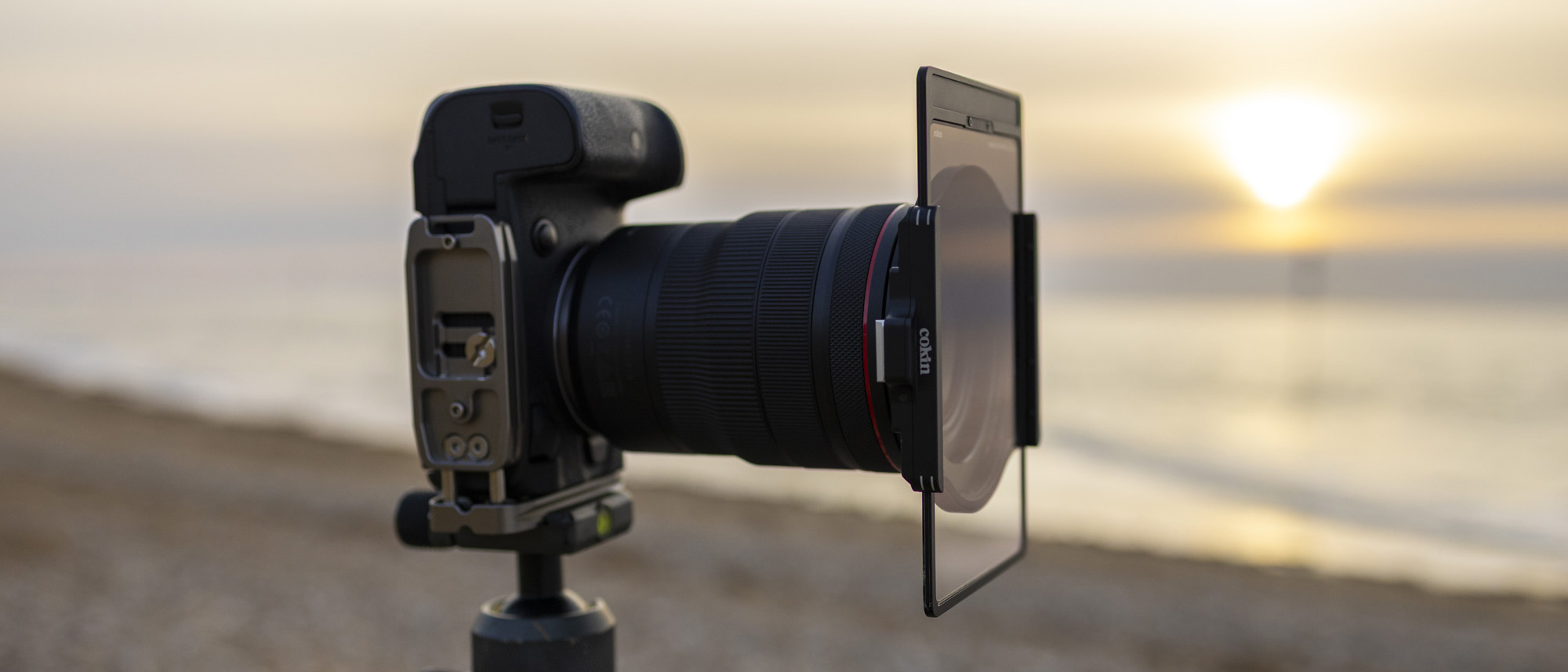Taking photographs can be bad for your memory, say scientists
Photography "outsources" memories and could harm your brain's ability to retain them, scientists claim

The best camera deals, reviews, product advice, and unmissable photography news, direct to your inbox!
You are now subscribed
Your newsletter sign-up was successful
Taking photographs may be great for capturing memories on pixels or film, but it can be bad for capturing them in your brain. In fact, shooting too many pictures can actually damage the brain's ability to retain memories, according to a new report.
This is because when we take a photo we are "outsourcing" the memory capturing process to an external device, so we are training our brain that it doesn't need to record the memory.
• Read more: Best external hard drives for photographers
"When people rely on technology to remember something for them, they're essentially outsourcing their memory," said Linda Henkel, Fairfield University psychological professor, to NPR. "They know their camera is capturing that moment for them, so they don't pay full attention to it in a way that might help them remember."
Henkel first explored this idea in a 2013 whereby museum visitors found it more difficult to to recall objects they'd seen if they had taken a picture of them – a study that was replicated in 2017 and 2021.
NPR draws parallels to the findings of a 2011 study on the "Google effect", which similarly finds that people's recall of information is worse when they know it can be retrieved from an outsourced agent such as the internet or external device.
It's not just the outsourcing itself that impairs our ability to capture memories; "attentional disengagement" can also be a factor, according to Julia Soares, Mississippi State University assistant psychology professor.
The best camera deals, reviews, product advice, and unmissable photography news, direct to your inbox!
Essentially, the process of taking a photograph – focusing on the focusing, the composition, the lighting, the subject, the background and so on – takes up all the cognitive resources that would otherwise enable the brain to encode the memory.
"If you're distracted, you may have a photograph to prove you were there, but your brain may not remember," explains Elizabeth Loftus, psychological science professor at the University of California, Irvine.
So there you have it. If you're capturing important moments with your camera, make sure to put it down for a bit so that your brain can capture them as well!
Read more:
Best cameras for photography
Best cameras for portraits
Best cameras for wildlife
Best cameras for landscapes

James has 25 years experience as a journalist, serving as the head of Digital Camera World for 7 of them. He started working in the photography industry in 2014, product testing and shooting ad campaigns for Olympus, as well as clients like Aston Martin Racing, Elinchrom and L'Oréal. An Olympus / OM System, Canon and Hasselblad shooter, he has a wealth of knowledge on cameras of all makes – and he loves instant cameras, too.
